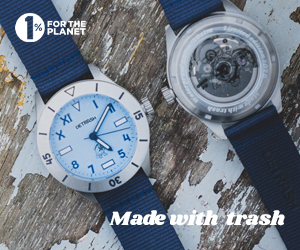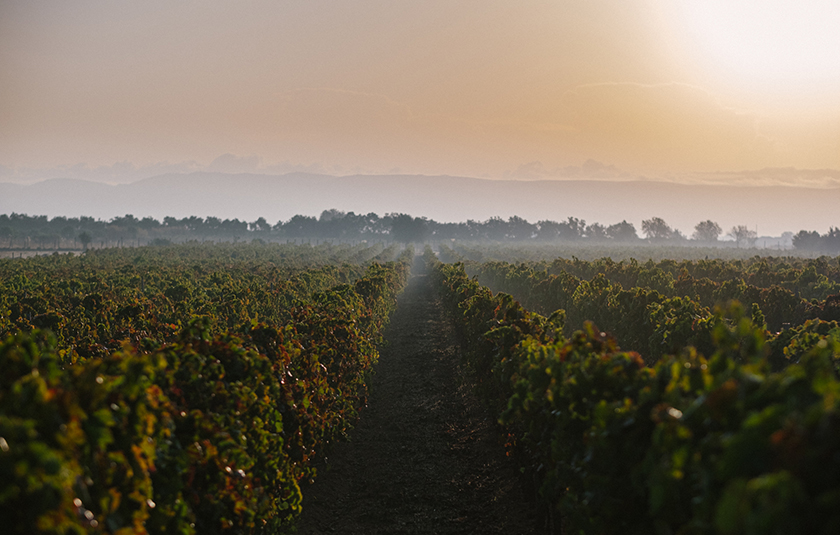Tuesday 23 January 2018
New Plastic Economy
The Ellen MacArthur Foundation awarded VTT Technical Research Centre of Finland for a packaging solution made of cellulose. VTT is one of the five prize winners, between whom the foundation splits a one-million-dollar prize
As a material, cellulose is safe, renewable, recyclable and compostable. VTT developed a compostable and lightweight packaging material by combining cellulose films with different, but complementary properties.
The plastic-like packaging material is suitable for dry and greasy products, such as nuts, cereals, coffee, condiments and raisins. The greatest benefits can be reached when the material is used for packaging products with a long shelf life.
In terms of properties, the material is highly competitive or in many cases even better than the currently available biodegradable bioplastics. With minor modifications, it can be produced with existing production machinery.
The flexible and transparent lightweight material protects the product from atmospheric gases and humidity. It also forms a barrier against the grease or mineral oil in the product.
“By optimising the layer structure, we can improve the technical properties and reduce the amount of materials used. If the package was manufactured of one cellulose-based material only that would meet all the requirements for a good packaging material, the package would be very thick and heavy,” says Ali Harlin, Research Professor at VTT. He estimates that the packaging material can be commercialised within three to five years.
In the commercialisation phase, the amount of packaging being produced will affect the price of the material. The use of material must be economically feasible with a view to the whole product.
On 15 August 2017, the Ellen MacArthur Foundation announced a prize aimed at seeking new materials to solve the global microplastics problem. The matter is urgent: it has been estimated that every year more than 8 million tonnes of plastic waste ends up in oceans. The million-dollar prize is awarded in Davos on 23 January 2018 and shared equally between the following operators and teams: VTT, the University of Pittsburgh, Aronax Technologies, Fraunhofer Institute for Silicate Research, as well as the Full Cycle Bioplastics, Elk Packaging and Associated Labels and Packaging team.
All winners are part of a 12-month New Plastic Economy Accelerator Programme, where they are provided expert support to make their innovations marketable. When one year has passed, the Foundation will award an additional million-dollar prize to the best contestant.
“In a New Plastics Economy, plastics will never become waste or enter the ocean in the first place. To get there will require new levels of commitment and collaboration from industry, governments, designers and startups. I hope these innovations will inspire even more progress, helping to build a system in which all plastic materials are reused, recycled or safely composted,” says Dame Ellen MacArthur.
The Ellen MacArthur Foundation is a British foundation founded in 2010 by Dame Ellen MacArthur, who became famous as sailing competitor. The purpose of the foundation is to accelerate the transition to a circular economy.
Tagged under











